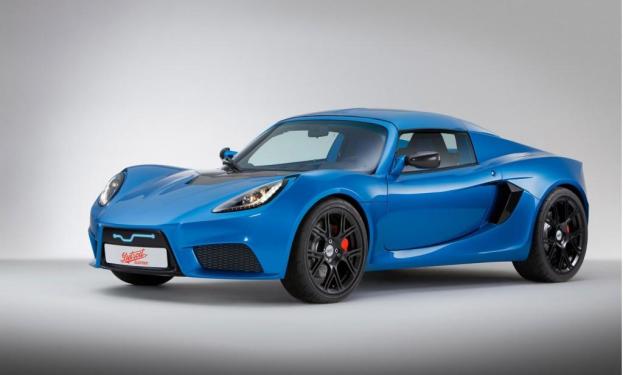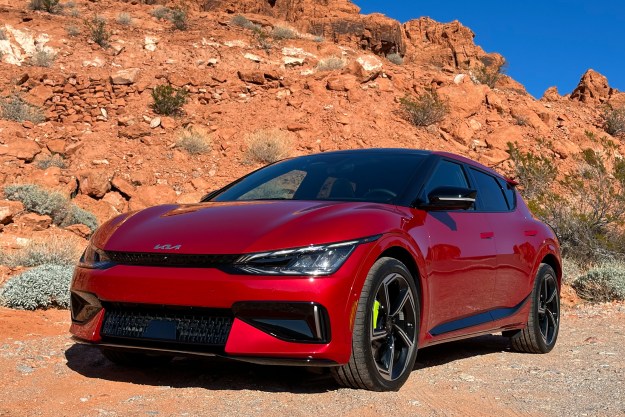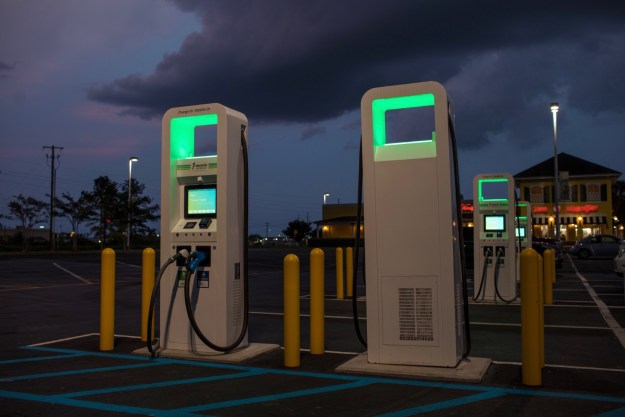
If you were chomping at the bit to buy one of the first $135,000 Detroit Electric SP:01 all-electric sports cars, you’re going to have to wait an extra month. Before we get to that, though, let’s look at Detroit Electric’s background.
Several years ago, several former Lotus executives came together, wanting to build an electric sports car. After some searching they settled on giving re-birth to Detroit Electric, an American electric car company that originally operated from 1908-1939.
The reincarnated Detroit Electric set to work designing an EV based upon the Lotus Elise. If you’re sitting there thinking, “say, where have I heard of that before?” you’re probably thinking of the Tesla Roadster, which, too, was based upon the Lotus Elise.
The upstart electric car firm has admitted that the discussions surrounding its Plymouth Township production facility, which it planned to share with another company starting this August, have slowed.
“It’s a little frustrating but we’re moving forward,” said North American CEO Don Graunstadt in a Detroit News interview. Production is now tentatively scheduled to begin in September.
While the idea for the Elise-based EV isn’t original, Detroit Electric had hoped to take the profits from the original production run to finance its next EV sports car, which would have a lower price tag. What design that car may be based on is unclear at this point.
We’ll be honest: following in the footsteps of Tesla Roadster several years later didn’t seem like the best plan and we were skeptical that it would ever work. Now that production has been pushed off, we wouldn’t be surprised if the unfortunately named SP:01 never sees the production floor.
Perhaps reigniting a brand name that failed once before wasn’t the wisest plan after all?
Editors' Recommendations
- Porsche’s most powerful production car is an EV
- Why your EV’s voltage matters, and what it means for your car’s charging speed
- Which cars still qualify for the $7,500 EV tax credit? Here’s the full list
- The best electric cars you can buy in 2023
- The cheapest electric cars you can buy


